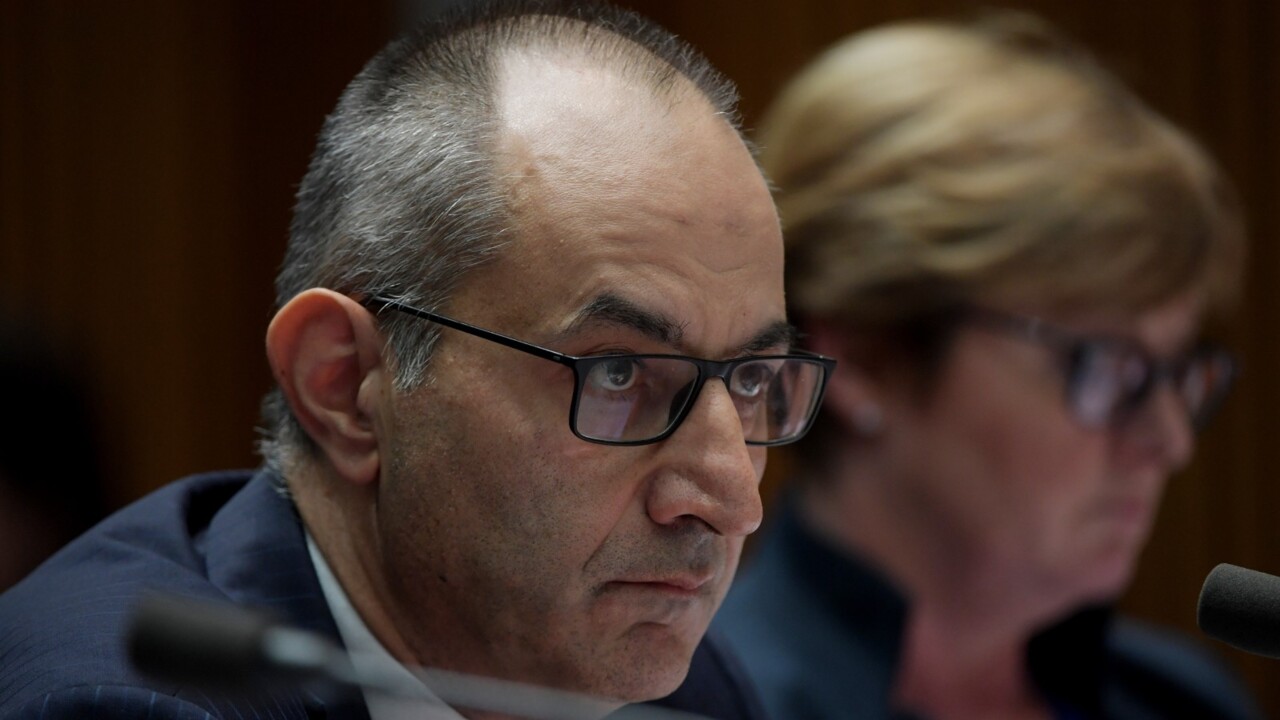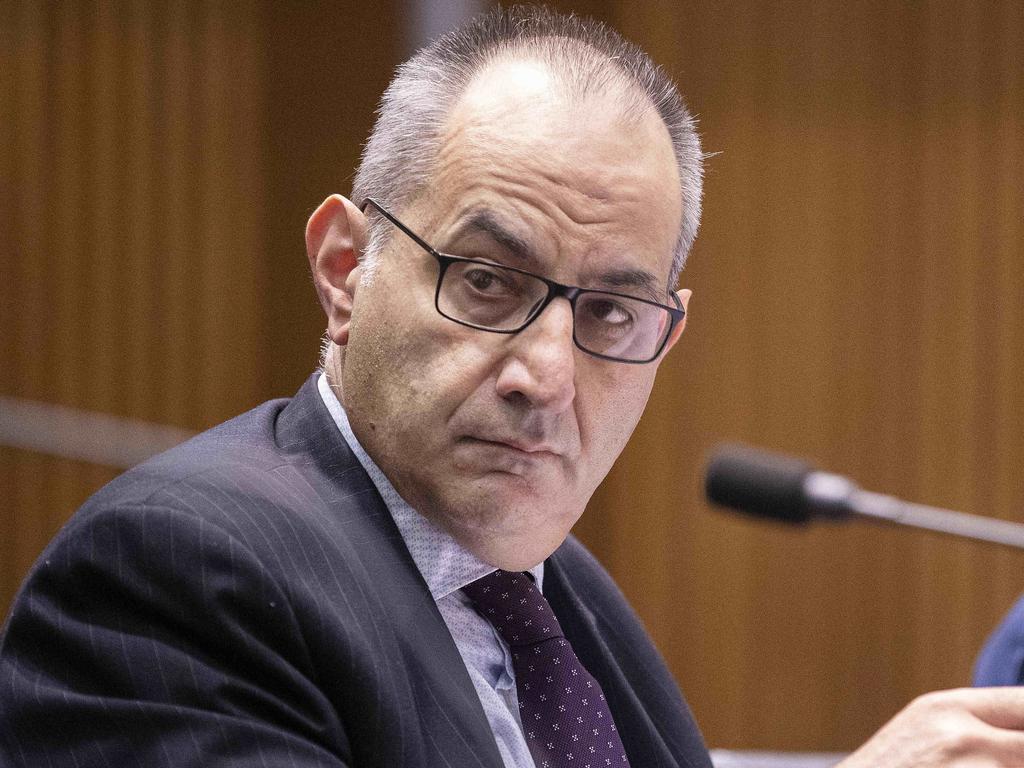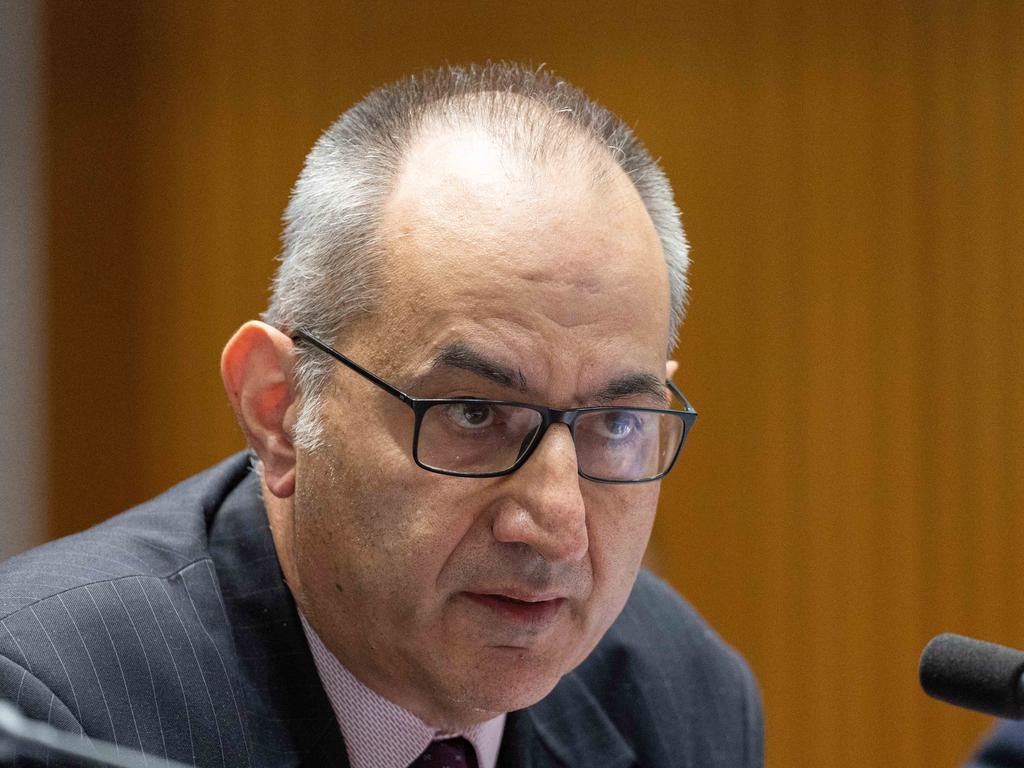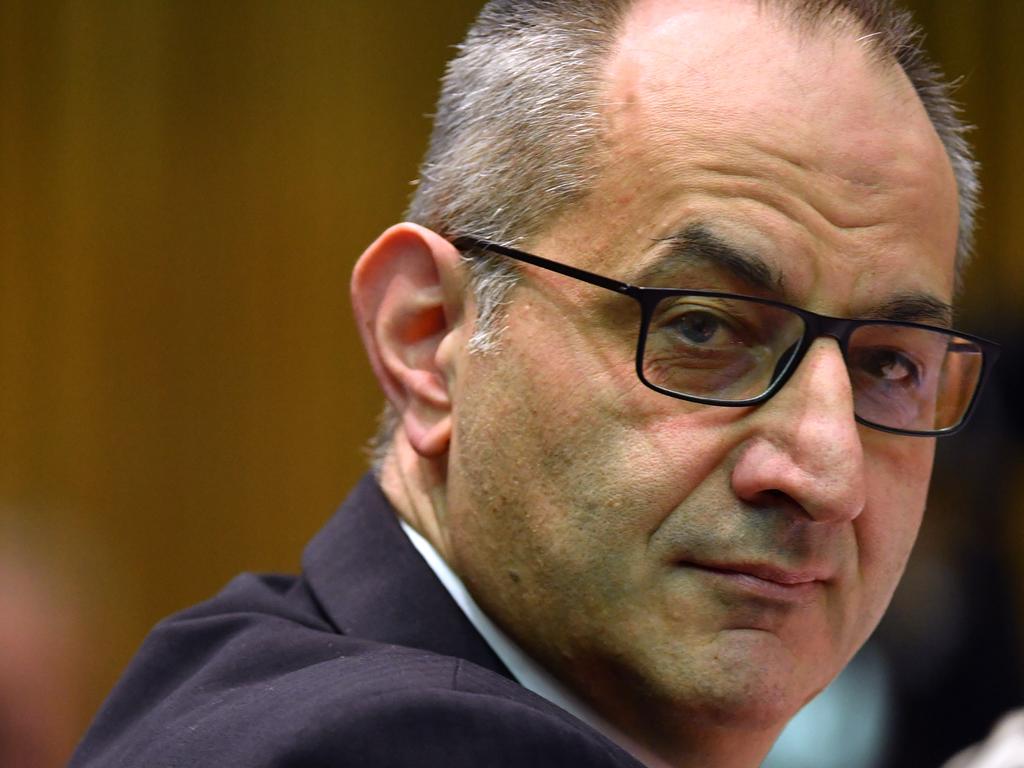In defence of Mike Pezzullo


This follows a closed-door public service review of Pezzullo’s conduct, after “hundreds of encrypted messages” between Pezzullo and Scott Briggs, “a close confidant of former prime minister Malcolm Turnbull and his successor, Scott Morrison”, were leaked to the press.
When the government wants justice, or the appearance of it, events move quickly. On September 24, the same day as the initial media reporting of the leak, Home Affairs Minister Clare O’Neil referred the matter to the Public Service Commissioner to investigate. O’Neil claims “the Prime Minister and I referred (Pezzullo’s) conduct to the Australian Public Service Commission”, while Albanese’s website credits O’Neil alone.
The review was done in a record-breaking eight weeks and on November 27 the Governor-General “terminated the appointment of Michael Pezzullo as secretary of the Department of Home Affairs”.

The entirety of what has been made publicly available about the investigation is a 314-word media statement issued by the Public Service Commission on November 27, ending with the authoritarian claim that “no further information regarding the contents of the Inquiry will be provided”.
Anthony Albanese has stressed the “independence” of the whole process. He was merely “expediting” the matter “based on a recommendation to me by the secretary of the Department of the Prime Minister and Cabinet and the Australian Public Service Commissioner, following an independent inquiry by Lynelle Briggs”.
A more cynical assessment – and a view in wide circulation around the corridors and coffee shops of Parliament House – is that Pezzullo, a former Labor adviser to Kim Beazley and Gareth Evans, was being punished for getting too close to Coalition governments.
I have known Mike Pezzullo for the better part of 20 years and, to be candid, have not always liked his management methods. Pezzullo was a hard charger, paying perhaps less attention than he should to the impact of tough policy work on the people around him.
There is room in the public service for different styles and personalities. No one could fault Pezzullo for his work ethic. He put in more hours and effort into delivering government policy objectives than I have seen anyone do in the public service.
Moreover, Pezzullo is a genuine strategic thinker. The public service has been turned into an intellectual desert, staffed at the most senior levels by timid functionaries who have come to see their roles as satisfying the policy whims of B-grade ministers.

Pezzullo, by contrast, was able to think ahead about tough strategic challenges and to construct policy responses that governments could actually implement. This is an incredibly rare quality. Across governments and the public service, the ability to make complex policy is evaporating under the fog of social media, political spin and limited attention spans.
I have not seen any indication that Pezzullo was ideologically rusted on to one side of politics. More to the point, he was focused on how governments handled national security problems.
In that policy world, dealing with Pezzullo was like being in a knife fight, a battle of ideas and positioning in which force was needed to prevail. This is how policy gets done. It’s about competing for government attention, securing the money and people needed to make things happen.
The review of Pezzullo’s conduct determined that he had breached the Public Service Code of Conduct “on at least 14 occasions in relation to five overarching allegations”.
We do not know who made these allegations, nor their level of seriousness. No details have been released about any of these matters. Are the allegations linked to the leaked “encrypted messages” or was the media reporting simply a convenient vehicle to enable the secret inquiry?
Some allegations, as presented in the 314-word media statement, are, frankly, ridiculous. One is that Pezzullo “engaged in gossip and disrespectful critique of ministers and public servants”.
If that were a criterion for dismissal, ministerial and public service ranks would be annihilated. Parliament would stand empty.
A second allegation is that Pezzullo “failed to act apolitically in his employment”. This is a bizarre statement. Governments increasingly expect the public service to act in highly partisan ways to cover up ministerial incompetence, hide embarrassing information, create fake explanations for strange personnel moves and to retrospectively justify political thought-bubbles as policy.

All sides of politics use the public service to this end, but the Albanese government is rapidly developing a world’s-best-practice capacity for political manipulation of the public service.
Modern Australian governments would now be stunned to encounter a genuinely apolitical public service because that would require the bureaucracy to operate more independently and with more attention to well-designed policy development than we have seen for years.
A third allegation is that Pezzullo “failed to maintain confidentiality of sensitive government information”. Note that the phrase used is “sensitive” rather than classified national security information. No one in government and few senior public servants could afford to cast the first stone on that issue.
It is impossible to make a fair-minded assessment of these “allegations” or to conclude this process was done fairly. This continues an Albanese government trend towards closed government and arbitrary behaviour cloaked in claims of passively accepting public service advice.
Pezzullo made an error writing his opinions down in those encrypted texts – something many in Canberra still do.
Stripping Pezzullo of a deserved Order of Australia, awarded four years ago for a significant career in national security, is unacceptably punitive. If it happens, the government will claim it’s the result of independent processes. Be assured that nothing in Canberra happens unless the Prime Minister wants it.
We are seeing a decade-long trashing of policy skills and competence in the public service, driven by a senior leadership group of officials too focused on pleasing governments and a cadre of ministers behaving like punitive, tin-pot despots.







Reports surfaced at the end of March suggesting Michael Pezzullo, the sacked former secretary of the Department of Home Affairs, is to be “stripped” of his Order of Australia.